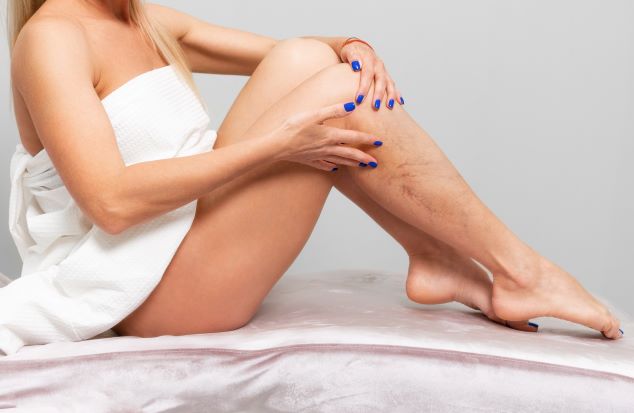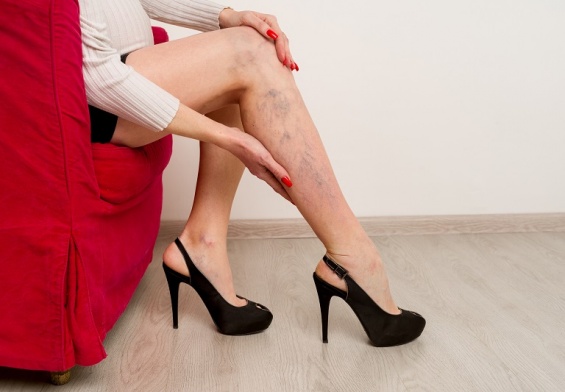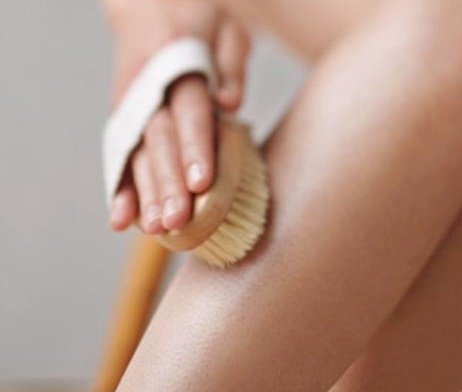Many people are genetically predisposed to develop venous issues and suffer with longstanding vein disease, where others breeze through life with just minor vein issues in later years. A common symptom of vein disease is swelling of the ankles and lower legs which begins first thing in the morning and gets progressively worse throughout the day. It results from abnormally elevated pressures in the leg veins.
If you experience swelling for just a few hours or a day, it may be a temporary problem that will go away in time. However, if you’re experiencing leg swelling that has lasted for a longer period of time or chronic swelling, you should talk to your doctor about your symptoms, as this may be a sign of something more serious. Contact a vein center to schedule a consultation and learn more about your options when it comes to treating vein diseases (like spider veins or varicose veins) and other blood circulation issues.
Tips to Prevent Leg Swelling and Reduce Varicose Veins
Like many medical issues, it is possible to alleviate and sometimes prevent venous issues by changing your lifestyle. Here are some useful tips that may help those with leg swelling:
- An active lifestyle will help improve your circulation and overall health. Walking and running are two of the best exercises to focus on leg circulation.
- Elevate your legs while you’re resting to let gravity relieve the pressure in your legs.
- Keeping your weight under control and avoiding repetitive strenuous activities will make sure you aren’t putting too much pressure on your legs.
- Avoid standing still or sitting for prolonged periods of time. While this may seem difficult in the modern world, here are some tips for those times when you must stand or sit.
- While standing, you can shift your weight from one foot to another to keep the blood flowing.
- While sitting, flex your feet up and down or schedule breaks to get up, stretch, and take a short walk.
- Wear compression stockings for support in your legs, especially if you will be standing or sitting for a prolonged period of time.
- Eat a healthy diet low in salt and high in fiber. Salt contributes to water retention which will cause swelling, and fiber helps prevent constipation which leads to additional pressure on the legs.
Taking preventive measures to avoid the development of varicose veins is important, but sometimes there are situations that can cause them to occur anyway. If this does happen, you still have options available – you aren’t stuck with them forever! Vein treatment centers in New Jersey and throughout the country have safe and effective treatments for varicose veins. Some of these procedures include Sclerotherapy, phlebectomy; Endovenous laser therapy, the VeinGogh procedure, and more. Contact a North Jersey vein treatment center for more information.




